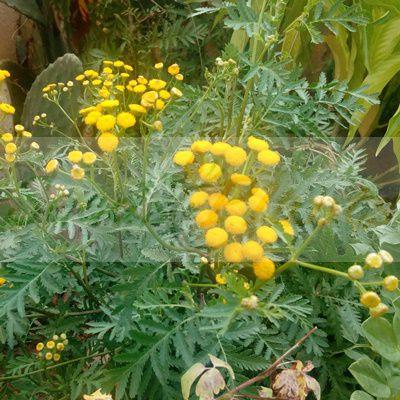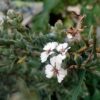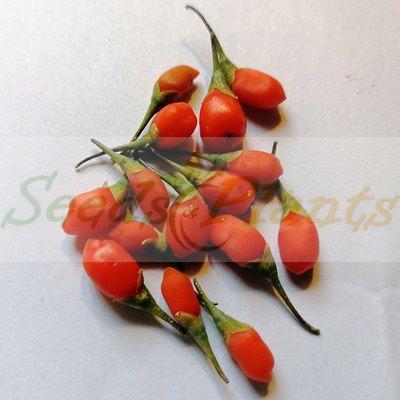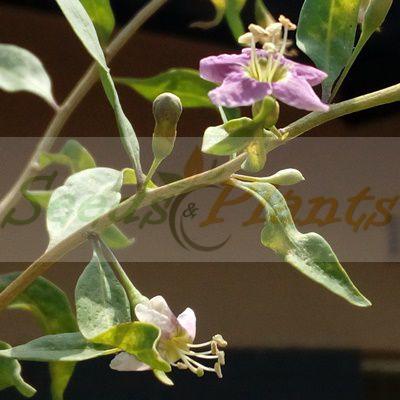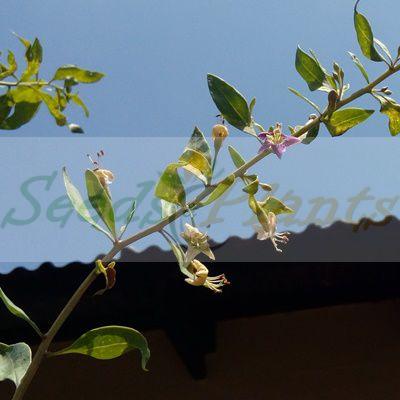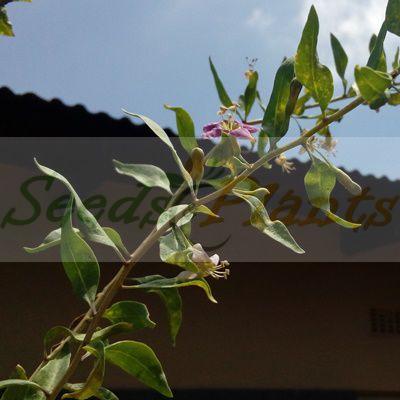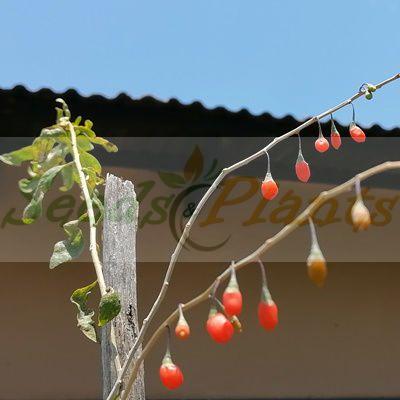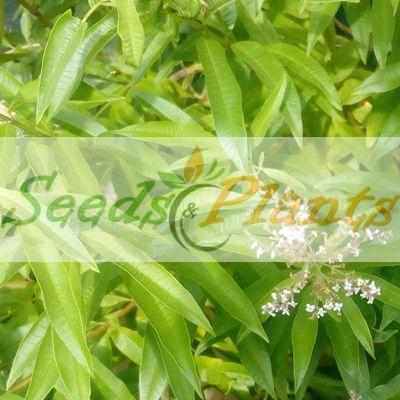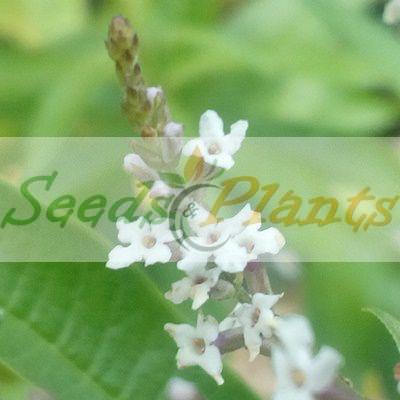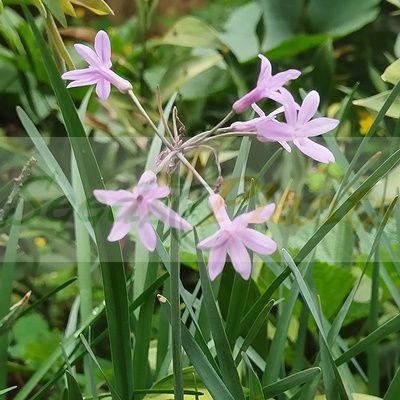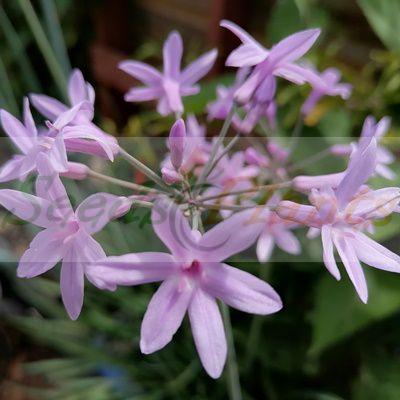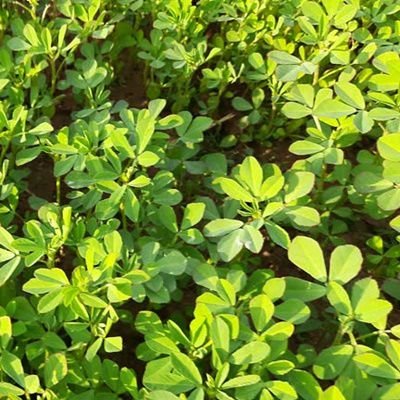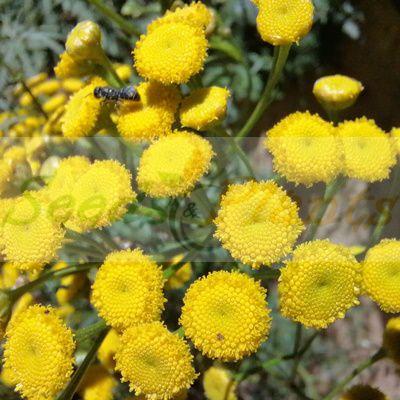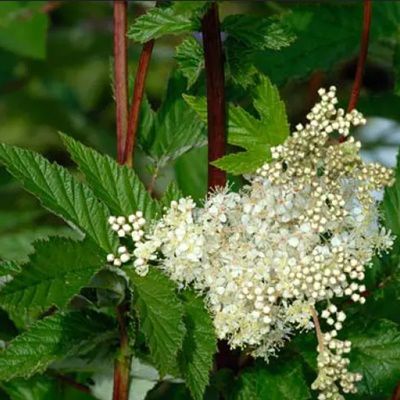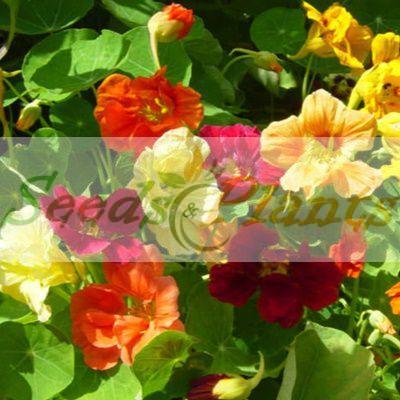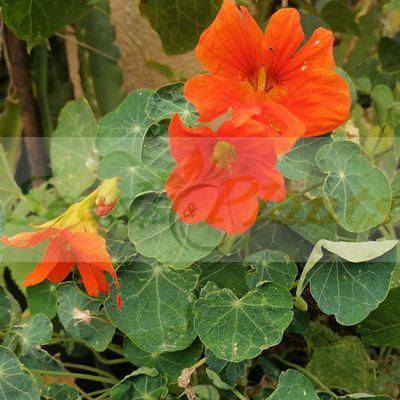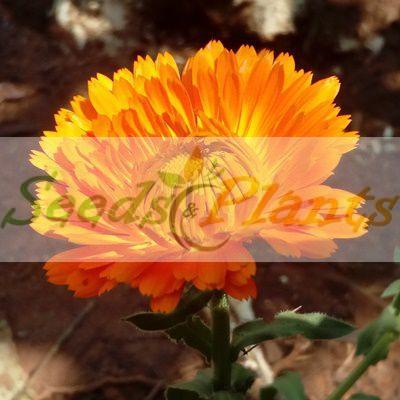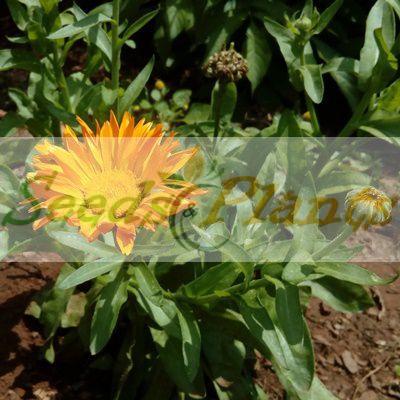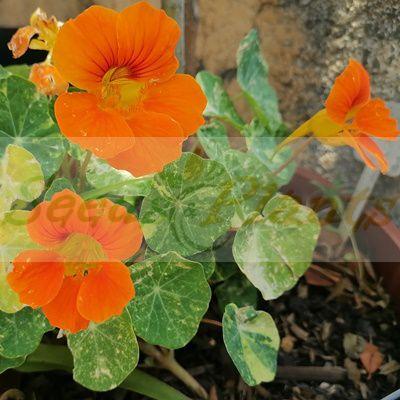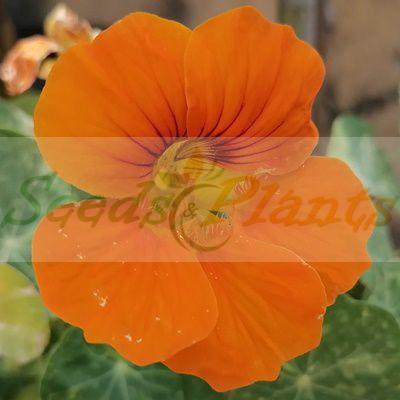🍒 Fruit Quick Facts
Fruit Info
- 🌍 Origin / Region: North China
- 🍽️ Culinary Use: Beverages/Teas, Cooking, Garnish, Juices and Syrups, Liqueurs/Wines, Raw Eating
- 🥗 Edible Part: Berry, Leaf
- 😋 Flavor Profile: Licorice-like, Sweet
Medicinal Info
- 🌿 Medicinal Part: Berry, Leaf, Root bark
- 🍵 Herbal Preparation: Decoction, Extract / Tincture, Infusion / Tea, Juice, Powder
- ⚕️ Healing System: Chinese Traditional Medicine
Growth Traits
- 🌱 Life Cycle: Perennial
- 🌾 Plant Type: Shrub
- 🔁 Fruiting Needs: Needs Only 1 Plant
- 🪴 Growth Habit: Sprawling, Upright
- 🌸 Flower Color: Lavender, Purple
- 🌿 Foliage Type: Deciduous
- 📏 Mature Height: 1-3m
- 🦋 Pollinator Method: Attracts Bees, Attracts Butterflies, Attracts Hummingbirds, Self-pollinating
Growing Requirements
- 🌞 Sun Exposure: Full Sun
- 💧 Water Needs: Avoid Overwatering, Moderate Water
- ☀️ Growing Conditions: Cold Tolerant, Drought Tolerant, Frost Tolerant, Heat Tolerant
- 🟤 Soil Preference: Fertile, Light, Tolerant of most soils, Well-Drained
Red Goji Berry – 20 Seeds
(Lycium Barbarum)
R30.00
Goji Berry is also known as Chinese Wolfberry. The berries are very nutritious. They can be eaten fresh, made into juice or wine.
Indoor Sowing: Late Winter, Spring and Summer.
Direct Sowing: Spring and Summer.
Only 3 left in stock
🍒 Fruit Quick Facts
Fruit Info
- 🌍 Origin / Region: North China
- 🍽️ Culinary Use: Beverages/Teas, Cooking, Garnish, Juices and Syrups, Liqueurs/Wines, Raw Eating
- 🥗 Edible Part: Berry, Leaf
- 😋 Flavor Profile: Licorice-like, Sweet
Medicinal Info
- 🌿 Medicinal Part: Berry, Leaf, Root bark
- 🍵 Herbal Preparation: Decoction, Extract / Tincture, Infusion / Tea, Juice, Powder
- ⚕️ Healing System: Chinese Traditional Medicine
Growth Traits
- 🌱 Life Cycle: Perennial
- 🌾 Plant Type: Shrub
- 🔁 Fruiting Needs: Needs Only 1 Plant
- 🪴 Growth Habit: Sprawling, Upright
- 🌸 Flower Color: Lavender, Purple
- 🌿 Foliage Type: Deciduous
- 📏 Mature Height: 1-3m
- 🦋 Pollinator Method: Attracts Bees, Attracts Butterflies, Attracts Hummingbirds, Self-pollinating
Growing Requirements
- 🌞 Sun Exposure: Full Sun
- 💧 Water Needs: Avoid Overwatering, Moderate Water
- ☀️ Growing Conditions: Cold Tolerant, Drought Tolerant, Frost Tolerant, Heat Tolerant
- 🟤 Soil Preference: Fertile, Light, Tolerant of most soils, Well-Drained
Red Goji Berry (Lycium Barbarum) is also known as Chinese Wolfberry. This highly branched, deciduous shrub grows up to 3 meters tall and wide in its natural form. However, it can be restricted to 1 – 2 m tall, which makes it perfect hedging plant.
Red Goji Berry Culinary Uses
- The fruits appear as orange-red berries with a bright color in elongated shape, the size of 1-2 cm, with a slightly sour flavor.
- They can be eaten fresh, made into juice or wine and as a snack.
Red Goji Berry Medicinal Uses
- Bark of this plant can be used in teas and infusions.
- Used in traditional Chinese medicine, Goji Berry is very valuable and nutritious: contain carotenoids, beta carotene, vitamin C, B, E, as well as more than 30 trace elements, antioxidants and 19 amino acids.
- They are truly exceptional, improve the immune system and eyesight.
Growing Red Goji Berry
Indoor Sowing: Late Winter, Spring and Summer.
Direct Sowing: Spring and Summer.
- Soak the Goji Berry Seeds in warm water for 24 hours. This will increase their rate of germination.
- Sow the seeds in moist substrate and place the planted seeds in a warm place. The optimum germination temperature is around 20 C.
- Germination in about 14- 30 days.
- Transplant seedlings immediately after 2 weeks has passed, to avoid stressing the seedlings. Be careful not to damage the roots.
- Transplant into a pot or in the ground.
- Snip off the main stem just above third leaf when it appears. This will cause the plant to grow laterally as a bush rather than vertically as a tree. A bushy form will yield more berries than a taller plant.
- Growing goji berries in containers is possible. Use a pot that is large and deep enough to hold the plant.
- Plant it in a light potting mix.
- Repot it once in every 2-3 years or whenever you find it rootbound.
- Fertilize the plant with tomato feed twice in the month in the growing period.
Can this plant be used for culinary purposes?
Red Goji Berry is traditionally used for culinary purposes such as beverages/teas and cooking.
Does this plant have medicinal uses?
Traditionally, Red Goji Berry has a history of use in Chinese Traditional Medicine. Seeds are sold for cultivation purposes only.
Disclaimer
Medicinal Information:
All medicinal information on this website is for educational and informational purposes only and may not be construed as medical advice. The information is not intended to replace medical advice or treatment offered by healthcare professionals.
Seeds, Plants, Plant Cuttings, Geophytes and Dried Herbs:
In some countries and provinces, certain plants are deemed as invasive and are not allowed to be planted at all, whilst some plants are allowed to be grown only in certain areas or provinces. The onus is on you as the buyer to familiarize yourself with the regulations pertaining to your location, before purchasing any of our seeds, plants, plant cuttings, geophytes or dried herbs. We will not be held liable, should you purchase any seeds, plants, plant cuttings, geophytes or dried herbs. from us which are prohibited in your country or province.

